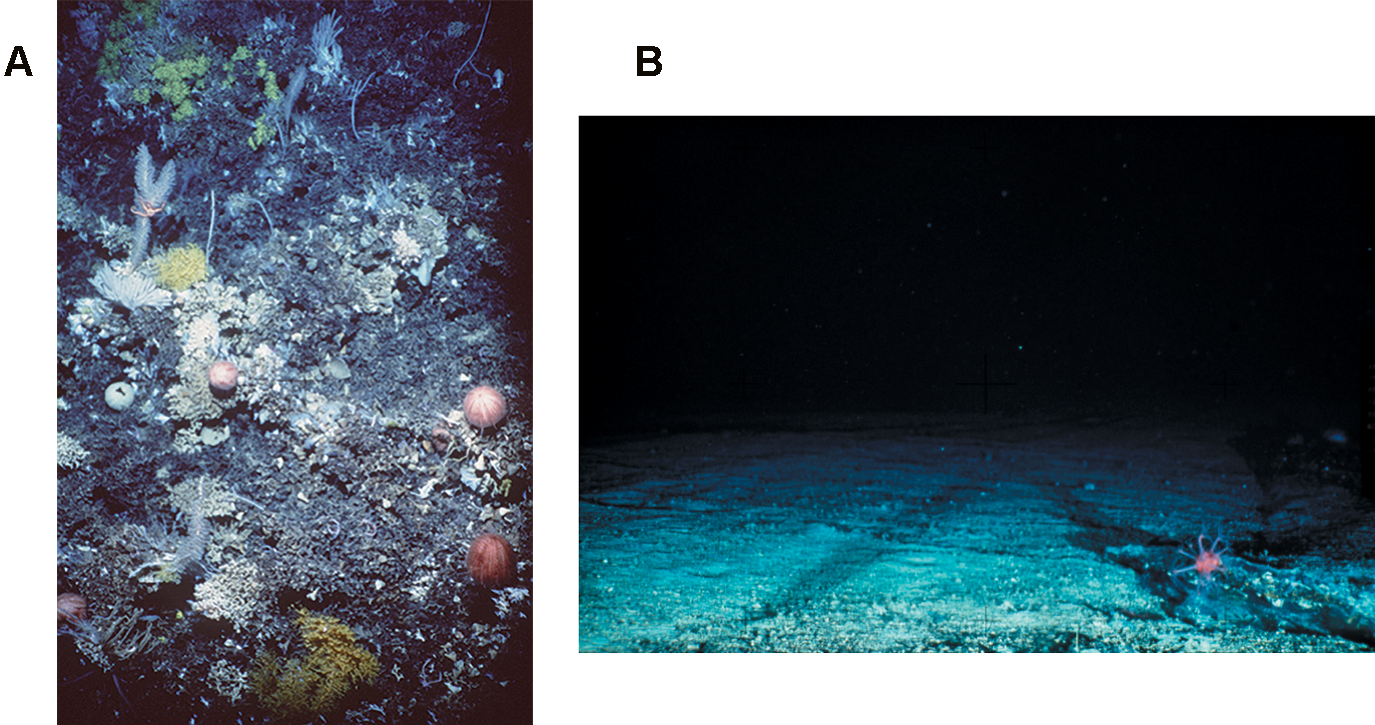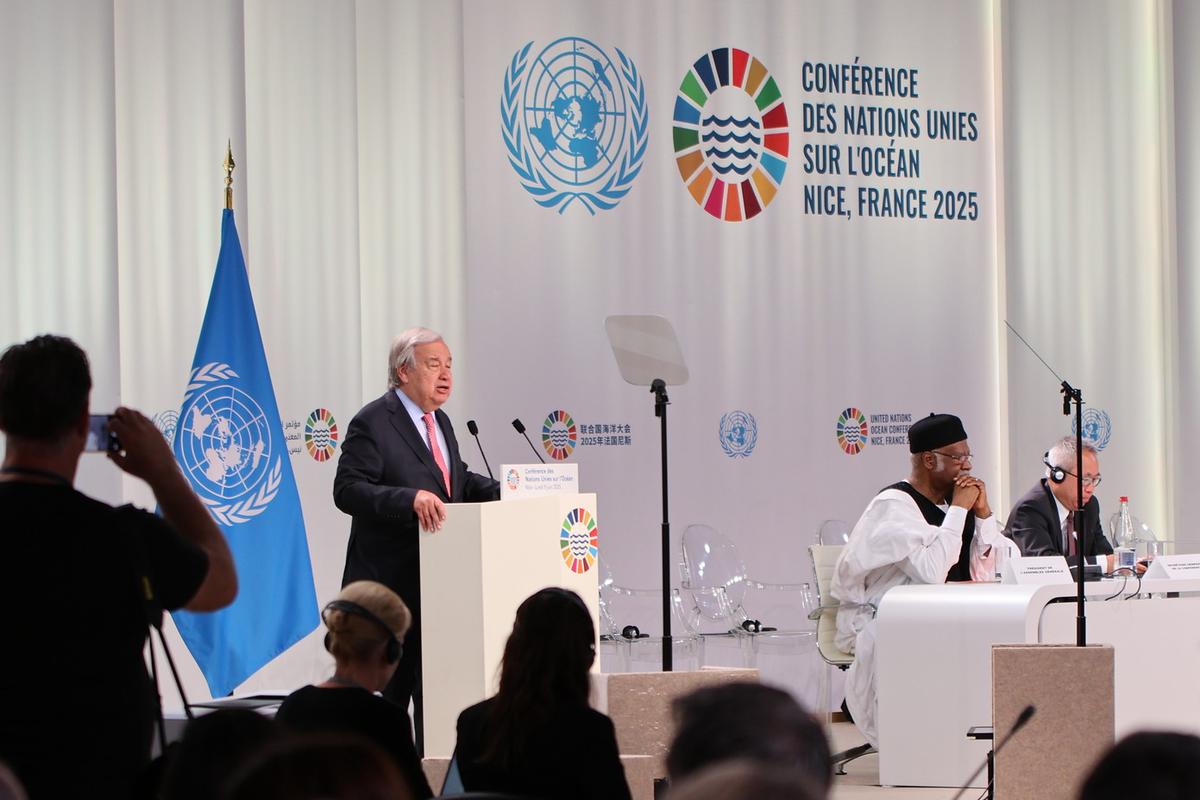Nice, France —(Map)
On Monday, scientists and government leaders came together in Nice, France for the third United Nations (UN) Ocean Conference. The meeting is focused on the many challenges facing the world’s oceans, and what can be done to help. The event comes as the US has suddenly taken a step back from protecting the oceans.
The UN Ocean Conference is an international meeting aimed at helping the world do a better job of protecting the oceans. It was first held in 2017. This year’s meeting is being held in France from June 9 to 13. It’s hosted by the governments of France and Costa Rica.
Oceans Under Stress
Oceans are incredibly important for life on Earth. They cover about 71% of the planet. Cceans provide food and jobs, and they play a key part in controlling the world’s weather.
But oceans are under serious threat from human activity. They’re being heavily polluted, especially with plastic. Because of climate change, oceans are getting warmer and sea levels are rising. About 90% of the heat from global warming is stored in the world’s oceans. Over-fishing is also affecting the entire web of sea life found in our oceans.
😕
This image has not been loaded because of your cookie choices. To view the content, you can accept 'Non-necessary' cookies.
Scientists and government leaders have come together in Nice, France for the third UN Ocean Conference. The meeting is focused on the many challenges facing the world’s oceans, and what can be done to help. Above, French President Emmanuel Macron delivers a speech during the meeting on Monday.
Scientists from around the world met last week in Nice to discuss ocean problems and to come up with suggestions. This week, government leaders, scientists, and others are working to turn those suggestions into real actions that can be taken to protect the oceans.
The scientists point out that we already know a lot about the problems facing the oceans, and the actions needed. Scientist Diva Amon, who works at the University of California, Santa Barbara, says we already know “…more than enough for global leaders to make the right decisions to save our oceans.”
During the week, many countries are expected to announce promises to take stronger action to protect oceans. Samoa has already announced that it is creating nine new marine parks to protect 30% of its waters. The United Kingdom is expected to announce an increased ban on ocean trawling, a very damaging method of fishing that drags big nets on the ocean floor.

(Source: CSIRO Marine Research [CC BY 2.5], via Wikimedia Commons.)
One important goal for the Ocean Conference is the High Seas Treaty. This treaty is a 2023 agreement to create protected areas out of 30% of international waters by 2030. International waters are areas of the sea that don’t belong to any country. Currently, about 50 countries have signed the deal. The treaty will only become active once 60 countries sign it. That’s something French President Emmanuel Macron hopes will happen by the end of this year.
In the past, the US has played a major part in studying and protecting the sea. But this year’s meeting is happening at a time when the US government has changed its ideas about science and protecting the oceans. Under President Donald Trump, many US government scientists who study the sea have had their jobs cut. The US government hasn’t even sent any scientists to the meeting.

(Source: UN Department of Economic and Social Affairs, via Flickr.com.)
This year, one area that’s getting more attention is the deep sea. Most of the ocean – about 90% – is the deep sea, but scientists still don’t know a lot about this part of our oceans. But they do know that the deep sea is also getting warmer because of climate change.
Many scientists are calling for a ban on deep-sea mining, which could cause serious damage to this important area. Mr. Trump, on the other hand, is working to promote deep sea mining. UN leader Antonio Guterres warned, “The deep sea cannot become the Wild West.”
😕
This map has not been loaded because of your cookie choices. To view the content, you can accept 'Non-necessary' cookies.
